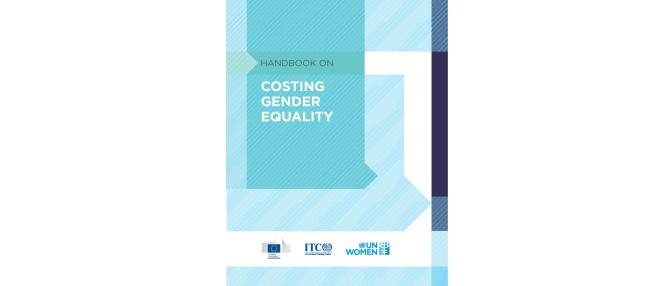While governments have made commitments to action on gender equality, the lack of data on the costs of translating policy commitments into resources and investments limits the effectiveness and impact of their interventions. Quantifying the lack of investment in gender equality and women's rights is an important first step. To date, however, no systematic analysis of the different methodologies used for costing gender equality has been undertaken, nor an assessment of each method's strengths and weaknesses. Handbook on Costing Gender Equality is a comprehensive, step-by-step guide to costing gender equality priorities. It responds to the growing global demand for concrete methodologies to estimate the financing gaps and requirements for achieving gender equality commitments and builds on UN Women's decade long work on gender responsive planning and budgeting. The Handbook is organized into three sections: Section I explores the rationale for costing gender equality and introduces the main approaches and methods; Section II outlines the step-by-step process for undertaking a costing exercise; and Section III presents five case studies featuring costing work on gender equality.
UN Women
Sector
Governance
Year
2015
Type
Guidance and Standards
